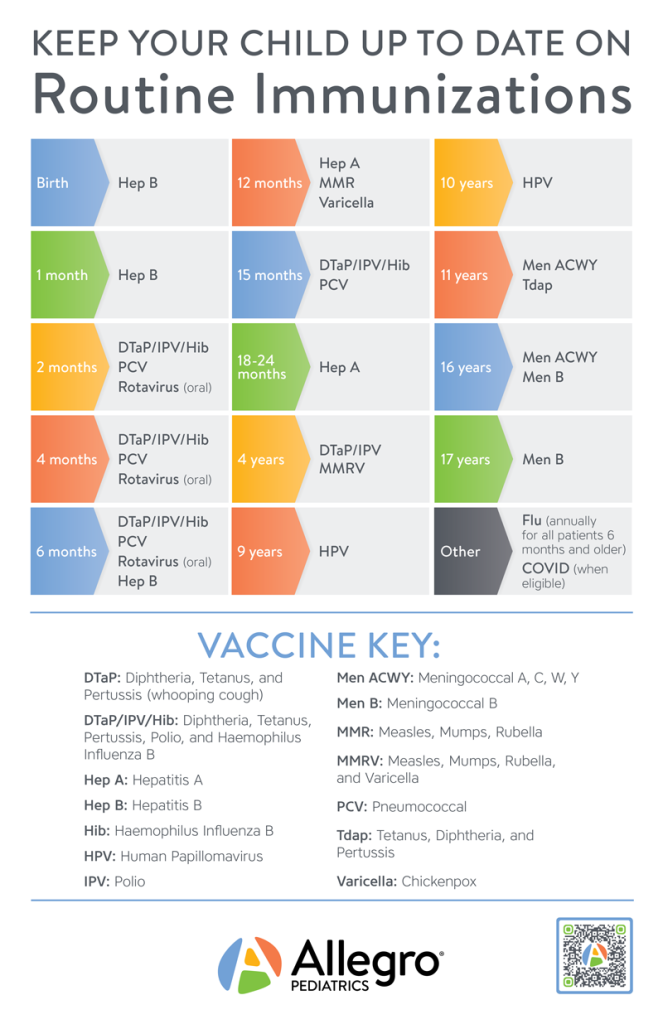
Childhood immunization is the cornerstone of protecting children’s health by building immunity against infectious diseases. A healthy childhood significantly impacts overall well-being and reduces the burden of illness. Immunization not only prevents individual illness but also contributes to community well-being through herd immunity. Many parents face challenges in understanding the importance of immunizations and the optimal approach to ensure their child’s health. This article delves into the vital function of childhood immunizations, addressing common concerns and providing practical solutions for parents seeking to safeguard their child’s health. We’ll explore the science behind immunization, the immunization schedule, and address any concerns regarding potential side effects.
The Importance of Early Protection
Building Immunity Through Vaccines
Childhood immunizations are a crucial facet of preventive healthcare, offering a powerful defense against infectious diseases. By introducing vaccines, children develop immunity without experiencing the potentially severe consequences of these diseases. This protection isn’t just personal; it contributes to broader community health through herd immunity, reducing the spread of diseases and protecting those who cannot be immunized due to medical reasons. Immunizations are one of the most significant public health achievements of the 20th century, with notable reductions in the incidence of diseases such as polio, measles, and rubella. The achievement of vaccination programs demonstrates their positive impact on public health.
Understanding the Immunization Schedule
Tailoring Protection to Age
The immunization schedule is meticulously designed to coincide with a child’s developing immune system. Each vaccine is timed to maximize efficacy and minimize potential risks. The schedule often includes boosters, crucial for maintaining a high level of immunity over time. Parents should closely follow the recommended schedule to ensure optimal protection. Delaying or missing vaccinations can significantly reduce a child’s protection against dangerous diseases. Furthermore, varied vaccines have varying efficacy and recommended timescales for administration, making adherence to the schedule particularly crucial.
Addressing Common Concerns About Immunization
Dispelling Myths and Promoting Understanding
Some common concerns surrounding childhood immunization include potential side effects and the perceived risks of vaccines compared to the benefits. It’s crucial to address these concerns with accurate information from trusted healthcare professionals. While mild side effects such as soreness or fever are possible, they are typically temporary and far less severe than the actual diseases the vaccines prevent. Misinformation often circulates, and parents should prioritize seeking guidance from qualified healthcare offerrs and reliable medical sources.
The Long-Term Impact of Immunization
Preventing Long-Term Health Complications
The impact of childhood immunization extends far beyond preventing immediate illness. Vaccinations significantly reduce the risk of long-term health complications. Some diseases can lead to chronic conditions, disabilities, and even death. By preventing these diseases in the first place, immunization programs save lives and reduce the long-term burden on healthcare systems. Studies have consistently shown a strong correlation between childhood immunization and reduced hospitalizations and healthcare costs.
Ensuring Access to Immunization
Bridging Gaps in Healthcare
Ensuring equitable access to immunization programs is critical for thorough public health. Accessibility varies based on location, socioeconomic factors, and individual circumstances. Efforts to improve access involve outreach programs, targeted campaigns, and addressing any systemic barriers. Providing education and resources can help families overcome obstacles and access the crucial protection offerd by vaccination.
Vaccine Safety and Efficacy
Ensuring Trust and Confidence
The safety and efficacy of vaccines are constantly monitored and studied. Extensive study and rigorous testing ensure that vaccines meet high safety standards. Organizations like the CDC and WHO regularly publish data on vaccine safety and efficacy, providing evidence-based information for parents and healthcare offerrs.
The function of Healthcare offerrs in Immunization
Educating and Empowering Families
Healthcare offerrs play a critical function in educating families about the benefits and importance of childhood immunization. Providing clear and accessible information, answering querys, and addressing concerns are vital to fostering trust and encouraging vaccination uptake. Open communication between parents and healthcare offerrs is essential to making informed decisions about their child’s health.
Immunization and Global Health
Protecting Children Worldwide
Immunization programs extend beyond national borders. Global initiatives play a significant function in achieving widespread vaccination coverage and combating the spread of infectious diseases. International cooperation and resource allocation contribute to creating a healthier world for children everywhere.
Frequently Asked querys
query 1: Are there risks associated with childhood immunization?
Answer: While mild side effects like soreness or low-grade fever are possible, they are typically temporary and much less serious than the diseases the vaccines prevent. Serious side effects from vaccines are rare. Parents should discuss any concerns with their child’s pediatrician. Reputable sources like the CDC and WHO offer thorough information on vaccine safety and efficacy.
query 2: How do childhood immunizations contribute to community health?
Answer: Immunizations contribute to community health through herd immunity. When a large percentage of the population is immunized, it creates a barrier to the spread of infectious diseases. This protection safeguards vulnerable individuals who cannot be immunized due to health reasons, including infants and those with compromised immune systems.
In conclusion, childhood immunization is a cornerstone of public health, providing crucial protection against preventable diseases. By prioritizing vaccination schedules, parents, guardians, and communities contribute to a healthier future for all children. This, in turn, leads to reduced healthcare burdens, fewer hospitalizations, and a stronger, more resilient population. Remember to consult with your pediatrician or healthcare offerr for personalized advice on childhood immunization schedules and any concerns you may have. Further study on specific immunization recommendations and potential side effects is essential for informed decision-making.